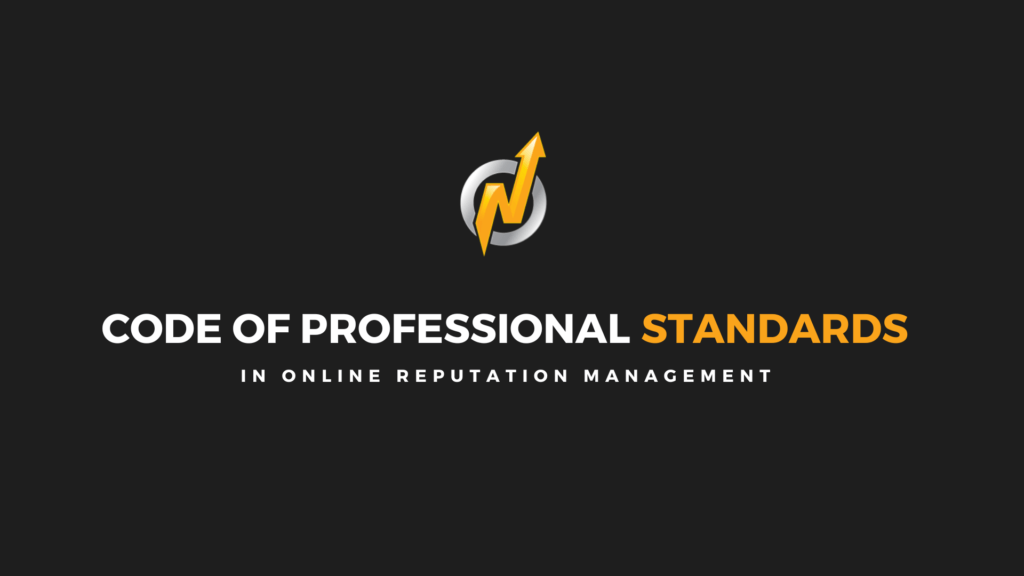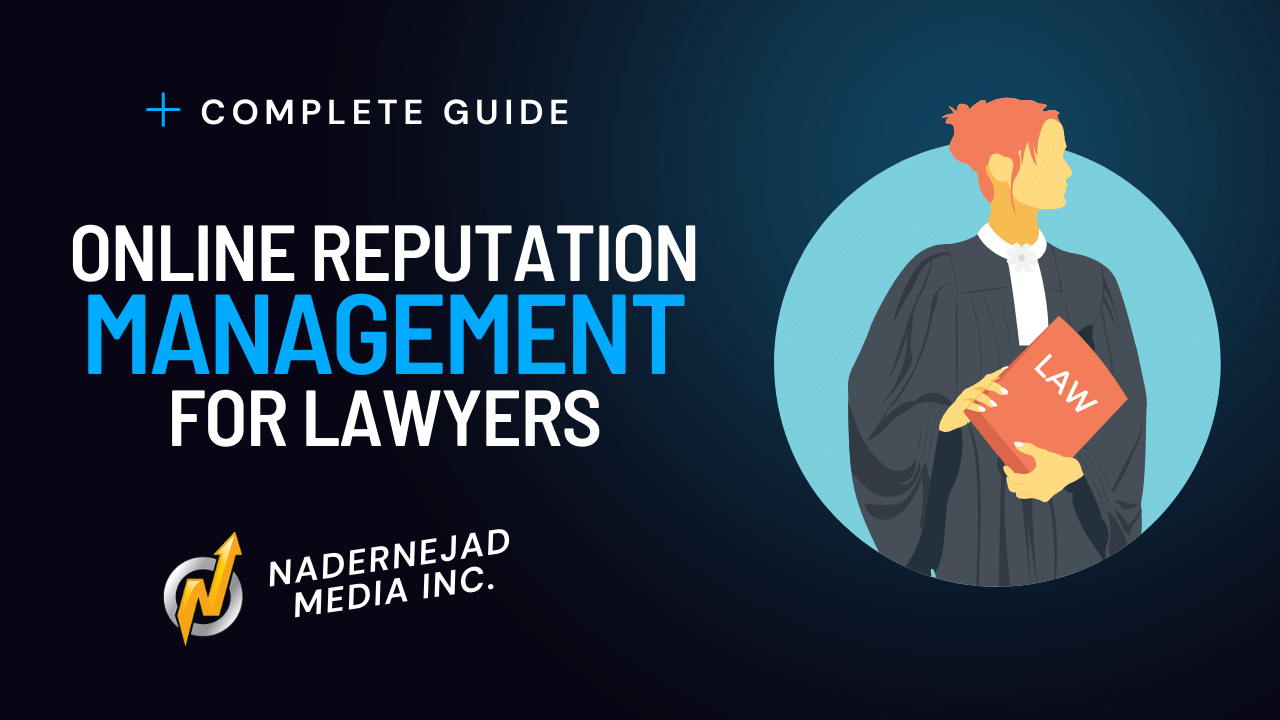Code of Professional Standards in ORM
In an era where digital footprints are indelible and global communication is instantaneous, the field of online reputation management has become pivotal in shaping perceptions, building trust, and maintaining the integrity of individuals, businesses, and organizations worldwide. Recognizing the profound impact of this responsibility, it is imperative that those engaged in the practice of online reputation management adhere to a set of universal professional standards. These standards are designed to foster trust, uphold dignity, and ensure ethical conduct in the online reputation management space.
As practitioners in this dynamic field, we must navigate the complexities of various cultures, legal systems, and ethical norms while maintaining a steadfast commitment to professional excellence. Our work not only influences the reputations of those we serve but also contributes to the broader discourse and societal trust in digital interactions.
Therefore, we, as global professionals in online reputation management, commit ourselves to these principles, understanding that our actions have a far-reaching impact. By adhering to these standards, we aim to elevate the practice of online reputation management, ensuring it is conducted with the highest levels of integrity, honesty, and respect for the global community.
This Code of Professional Standards in Online Reputation Management serves as a pioneering guide, directing our actions and decisions, ensuring that they are in the best interest of our clients, the public, and the integrity of our profession. Through this commitment, we strive to build a more trustworthy digital world, where information is managed ethically and reputations are handled with care and professionalism.

Core Principles of Professional Conduct
- Commitment to Global Professional Excellence: Practitioners shall uphold the highest professional standards in online reputation management worldwide. They must conduct their professional activities in a manner that aligns with global public interest, respecting the dignity of individuals and adhering to internationally recognized human rights and freedoms.
Honest and Fair Public Engagement: Professionals shall engage with all forms of media and the public honestly and fairly. This includes refraining from improperly influencing media, government bodies, or legislative processes worldwide. Such influence includes but is not limited to, offering gifts or privileges to sway decisions.
Integrity and Truthfulness: Practitioners are committed to the highest standards of honesty, accuracy, integrity, and truth. Deliberately disseminating false or misleading information is strictly prohibited. Professionals must avoid making unfounded claims, unfair comparisons, or taking credit for others’ ideas and words.
Conduct Reflecting Credibility: Practitioners shall avoid any personal or professional conduct that could discredit their reputation, their firm, or the field of online reputation management. This applies to both their local environment and the international community.
Respectful Professional Relationships: Practitioners must interact fairly with clients, colleagues, and professionals from other fields, ensuring not to intentionally harm another’s practice or reputation. They should respect and comply with ethical codes of other professions they collaborate with globally.
Transparency in Representation: Professionals should be transparent about representing their employers or clients in public communications. Associating with entities that misrepresent their interests or are not transparent about their affiliations is against these standards.
Confidentiality Assurance: The confidentiality of current, former, and prospective clients or employers must be strictly maintained. Confidential information must not be used or disclosed without explicit permission or a legal mandate.
Avoidance of Conflicts of Interest: Professionals must not represent conflicting or competing interests without clear, informed consent from all parties involved after full disclosure of the facts. Personal and professional interests should not conflict with client interests without full disclosure and agreement.
Realistic Promises: Professionals shall refrain from guaranteeing specific results that are beyond their capacity to deliver.
Ethical Financial Practices: Professionals should only accept fees, commissions, or gifts for services performed directly for employers or clients. Accepting such considerations from other parties is deemed unethical.









